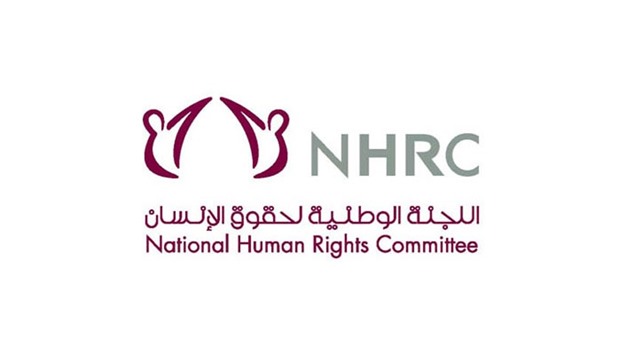Qatar Assistive Technology Centre (MADA), in co-operation with the National Human Rights Committee (NHRC), yesterday launched a guide to best practices of strategies and services for independent living for persons with disabilities.
The centre also launched a training workshop on supporting independent living for persons with disabilities. The workshop was attended by Ministry of Transport and Communications’ assistant undersecretary Reem Mohammed al-Mansouri, NHRC secretary-general Mariam bint Abdulla al-Attiyah and MADA chief executive Maha al-Mansouri.
The NHRC secretary-general said that protecting the rights of persons with disabilities requires joint efforts to provide an appropriate environment which is free of obstacles and to overcome difficulties with their effective participation in society.
On NHRC’s effort, al-Attiyah said the committee was keen to sign a memorandum of understanding with MADA to achieve its objectives in promoting and protecting human rights in general and the rights of persons with disabilities in particular. “It also comes as part of the committee’s recognition of the importance of caring and enabling persons with disabilities and providing them with an appropriate environment to live their lives normally.”
Al-Attiyah added that the large support the rights of persons with disabilities get on an international level, is not only considered a challenge for countries to provide the same but has become societies’ interest to the matter, one of the main standards to measure how developed a country is and its ranking among the world. “This is achieved by providing rehabilitation services and trainings to persons with different disabilities to enable them to integrate with the community in compliance with international covenants, laws and religions.”
For her part, MADA chief executive al-Mansouri said that Qatar National Vision 2030 is a clear roadmap for guiding economic, human, social and environmental development in Qatar. She added that the growth of countries depends on the combined efforts of their residents, noting that governments must effectively meet the needs of all sectors of society and support the capacities of everyone to live independently and seek equal opportunities, especially when it comes to education, employment and independent living.
Al-Mansouri stressed that MADA’s work is not limited to empowering people with disabilities and developing their potential but also includes empowering and improving their environments and addressing their living environment issues by ensuring that they have everything they need to live in an environment that is appropriate to their specific needs.
“The guide is a milestone and a bright spot for people with disabilities in Qatar. It helps in deepening the pillars of human and social development in Qatar and fully reflects Qatar’s digital access policy. It is also the best expression of the country’s commitment to UN Conventions, particularly the Convention on the Rights of Persons with Disabilities.”
Salem al-Marri, director, relations and partnerships at MADA, said that the launch of the guide is a transformation in terms of enabling people with disabilities to live normally, especially in light of the technological development and the great digital transformation in the world, noting that MADA will continue to bring the latest technology for this group until they are completely independent. (QNA)

